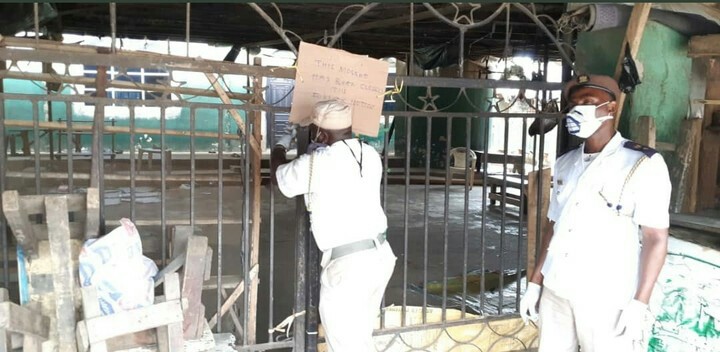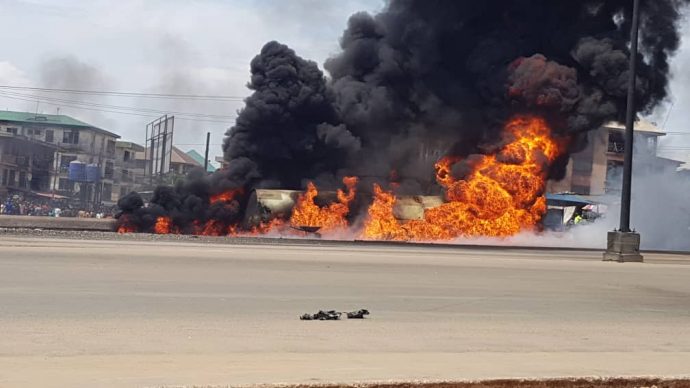Opinions
How well is Nigeria doing with education?

By Mukhtar Ajelogbon
Generally, there is agreement by many scholars that education is the process by which the mores, values, skills, and attitudes of a social collective are transferred from one generation to another in a structured manner. But in the face of prevailing realities in our country, it seems education now means one thing to people in government, and something totally different to people not in government.
Current experience, since colonial times indicate that colonised peoples go through both the formal and informal system of education, there is consensus that the purpose of education, formal or informal, is to equip the individual with knowledge that will enable him/her to be useful to him/herself and the larger society.
Nigeria, with nearly 400 linguistic and ethnic groups has primary and secondary schools, and tertiary institutions of various grades in colleges of education, polytechnics, universities, and other specialised institutions.
On the formal plane, why government across levels are trying their best, there are not enough schools. Where there are, there are not enough classrooms, and where there are classrooms, many do not have seats and desks. In many schools, in this season of rains, roofs are leaking. There are communities where instruction is still being delivered under the shade of trees.
In 21st century Nigeria, with the exception of private primary and secondary schools that charge high fees, most public schools are not wired for Information and Communications Technology ICT.
The blackboards that teachers used to teach their great-grandfathers are still being used for the children, when children in many countries that are poorer than Nigeria are using the keyboard to learn.
For the past seven months, the university tier has been comatose due to a strike by Academic Staff Union of Universities (ASUU), the union of university teachers, and there seems no end in sight.
At the bottom of issues is funding, which is why primary and secondary schools are also in the condition they are. Many people wonder why the Nigerian Union of Teachers (NUT), is not as confrontational as ASUU. If it were, maybe I would not be asking the question of how well is Nigeria doing with education?
-

 Celebrities3 days ago
Celebrities3 days agoOriyomi Hamzat hospitalised after Ibadan stamdpede
-

 Metro/Crime5 days ago
Metro/Crime5 days agoNigerian varsity lecturer assassinated
-

 News3 days ago
News3 days agoOoni’s Ex-Wife Arrested Over Alleged Death of 35 Children In Ibadan
-

 Weird News7 days ago
Weird News7 days agoHusband Burns Wife, K!lls Self in Ondo
-

 News3 days ago
News3 days agoOoni breaks silence over Ibadan stamdpede, sends message to party involved
-

 News5 days ago
News5 days agoState Govt seals churches, other establishments
-

 Politics5 days ago
Politics5 days agoBola Tinubu Approves Eight New Appointments (Full List)
-

 Osun News7 days ago
Osun News7 days agoPanic as petrol tanker explodes in Osun





